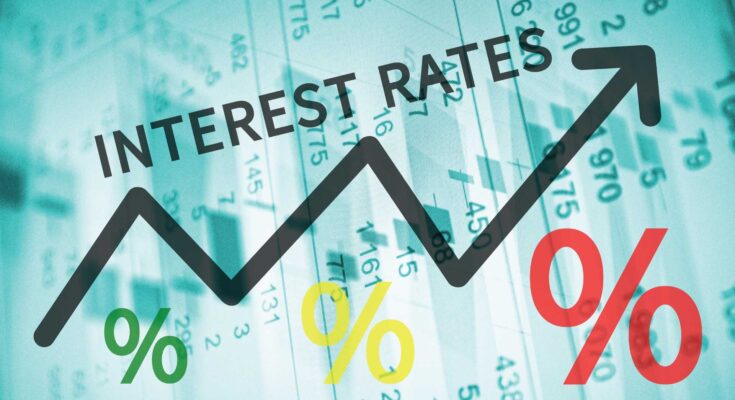The Federal Reserve’s decision to raise interest rates has significant implications for individuals and businesses alike. In this article, we delve into the impact of this monetary policy change on your personal finances. By understanding how the interest rate hike affects various aspects of your money management, you can make informed decisions to mitigate any potential challenges and capitalize on new opportunities.
The Interest Rate Hike and Its Purpose
The Federal Reserve, commonly known as the Fed, is responsible for maintaining stability and promoting economic growth in the United States. One tool at its disposal is adjusting interest rates, which affects borrowing costs and influences spending and investment behaviors. In response to prevailing economic conditions, the Fed decided to raise interest rates.
Effects on Borrowing and Credit
One immediate consequence of an interest rate hike is an increase in borrowing costs. This impacts consumers who have loans or credit card debt. If you have a variable-rate mortgage, student loans, or any other debt tied to interest rates, you may experience higher monthly payments. Consequently, it becomes crucial to review your budget and ensure you can comfortably meet these increased obligations.
On the other hand, the interest rate hike might result in higher interest rates on savings accounts, certificates of deposit (CDs), and other investments. Savvy savers may benefit from this change by earning higher returns on their deposits, encouraging them to save more.
Investment Considerations
The interest rate hike can also affect investment portfolios. Generally, higher interest rates can lead to increased volatility in the stock market, as borrowing costs for companies rise and consumer spending patterns may shift. Investors should reassess their risk tolerance and consider diversifying their portfolios to withstand potential market fluctuations.
In particular, sectors such as real estate, utilities, and bonds may experience notable effects from the interest rate hike. Real estate prices may cool off as mortgage rates rise, while utilities could face higher borrowing costs, potentially impacting their profitability. Bond yields may also increase, making fixed-income investments more appealing to some investors.
Planning for Mortgage and Housing
If you’re in the market for a new home or planning to refinance your mortgage, the interest rate hike will likely have an impact on your decision. Higher interest rates can translate into higher monthly mortgage payments, potentially affecting your housing budget. It may be prudent to consult with mortgage lenders to explore your options and evaluate the most cost-effective choices for your circumstances.
Navigating the Business Landscape
Entrepreneurs and business owners should be prepared for changes in the cost of capital and potential shifts in consumer spending patterns resulting from the interest rate hike. Increased borrowing costs may impact business loans, credit lines, and investments. It becomes essential to reassess financial projections and adjust strategies accordingly.
Inflation and Consumer Spending
The interest rate hike is a tool used by the Fed to curb inflationary pressures. By raising interest rates, the central bank aims to moderate consumer spending and prevent the economy from overheating. This can affect your purchasing power, as higher borrowing costs may reduce disposable income. Evaluating your budget and making necessary adjustments can help you navigate potential changes in prices and overall affordability.
In closing, the Federal Reserve’s decision to raise interest rates has far-reaching implications for individuals and businesses. By understanding the effects of the interest rate hike on borrowing costs, investments, housing, and overall consumer spending, you can proactively manage your personal finances. Assessing your financial goals, seeking professional advice, and adjusting your strategies as needed will empower you to adapt to the changing economic landscape and make informed decisions that align with your long-term financial well-being.


